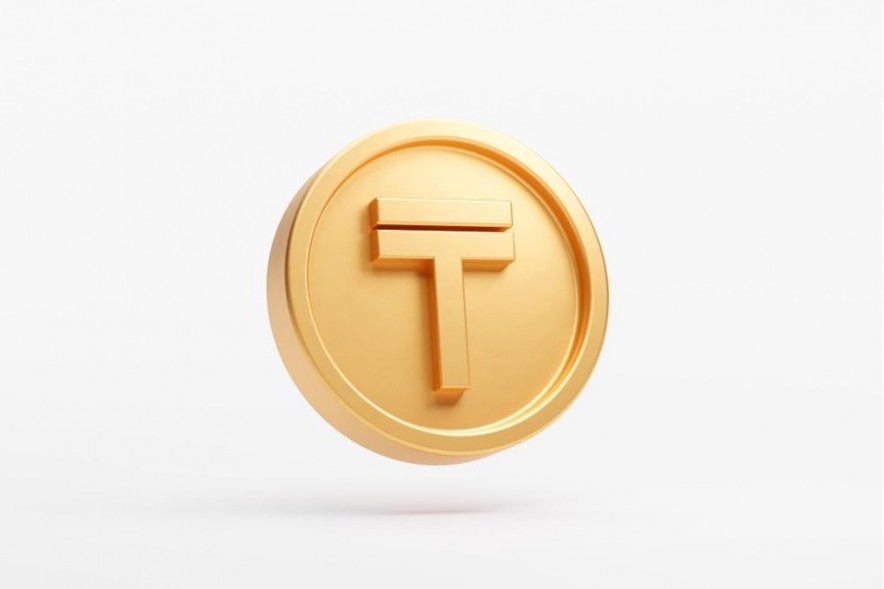Navigating Crypto Regulations: A Simple Guide to Global Rules
Nov 09, 2025, 4:34pm
Crypto regulations are basically the rules governments make about how you can buy, sell, and hold cryptocurrencies and they’re different everywhere you look, which makes things confusing as hell when you’re trying to trade without getting in trouble with the tax man or worse. Every country wants a piece of your crypto gains, but they […]
Crypto regulations are basically the rules governments make about how you can buy, sell, and hold cryptocurrencies and they’re different everywhere you look, which makes things confusing as hell when you’re trying to trade without getting in trouble with the tax man or worse.
Every country wants a piece of your crypto gains, but they can’t agree on how to do it. The US treats crypto like property, so you pay capital gains tax when you sell. Europe’s trying to roll out MiCA (Markets in Crypto-Assets), which sounds fancy but it’s just their way of making sure exchanges follow the same rules banks do. And Asia? Japan’s strict but clear, Singapore’s crypto-friendly, China banned it completely, and South Korea changes its mind every few months.
| What They Want | Why It Exists | What It Means For You |
| KYC (Know Your Customer) | So they know who’s moving money | You upload your ID and selfie |
| Tax reporting | Governments want their cut | Track every trade or cry later |
| Anti-money laundering | Stop criminals from washing dirty money | Exchanges freeze suspicious accounts |
| Travel rule | Track crypto moving between exchanges | Your name follows your coins |
And yeah, these rules do stop some scams, like when exchanges have to prove they actually have your coins instead of running fractional reserves. But they also kill innovation because small startups can’t afford millions in compliance costs, so the big players get bigger while the little guys disappear.
If you want to stay out of trouble, stick to exchanges that follow the rules in your country. Check if they’re registered with your local financial authority, keep records of everything, and maybe use the lowest fee crypto exchange that plays by the book so you’re not paying extra for compliance costs they pass on to users.
The thing nobody tells you is that governments are scared. They see DeFi protocols letting people lend and borrow without banks, stablecoins threatening their currencies, and privacy coins making transactions untraceable – so they’re scrambling to write laws for stuff they don’t fully understand. The EU’s MiCA goes live in 2024-2025, the US keeps threatening but not passing clear crypto bills, and smaller countries are creating “crypto havens” to attract business.
What’s coming next? Probably stricter stablecoin rules because governments hate competition with their money, more pressure on DeFi protocols to somehow identify users (good luck with that), and definitely more tax reporting requirements because that’s the one thing all governments agree on: they want their share.
But here’s what kills me: politicians talk about “protecting investors” while their regulations push people toward shadier platforms or force them to hold coins on exchanges that could get hacked instead of their own wallets. The rules meant to protect you often do the opposite, creating honeypots of user data and funds that hackers love targeting.
So what do you actually do? Keep your trading simple and trackable, use exchanges that have been around long enough to prove they’re not exit scamming, pay your taxes even if it hurts, and remember that the wild west days of crypto are ending whether we like it or not.





